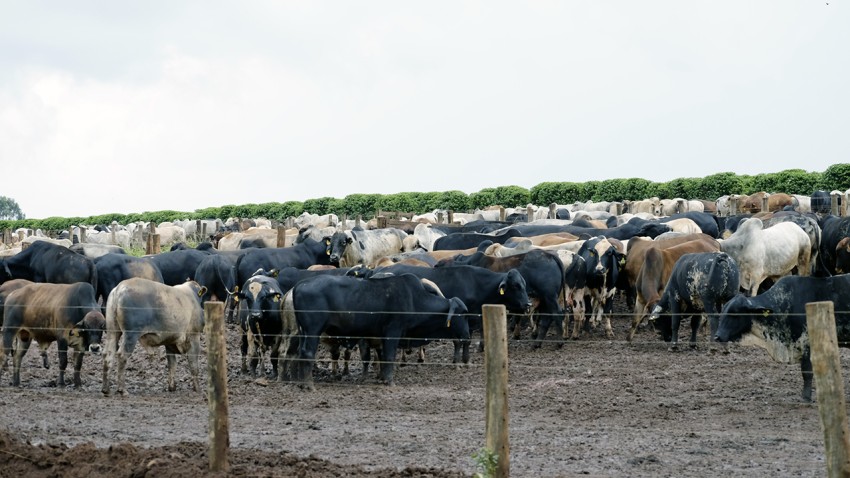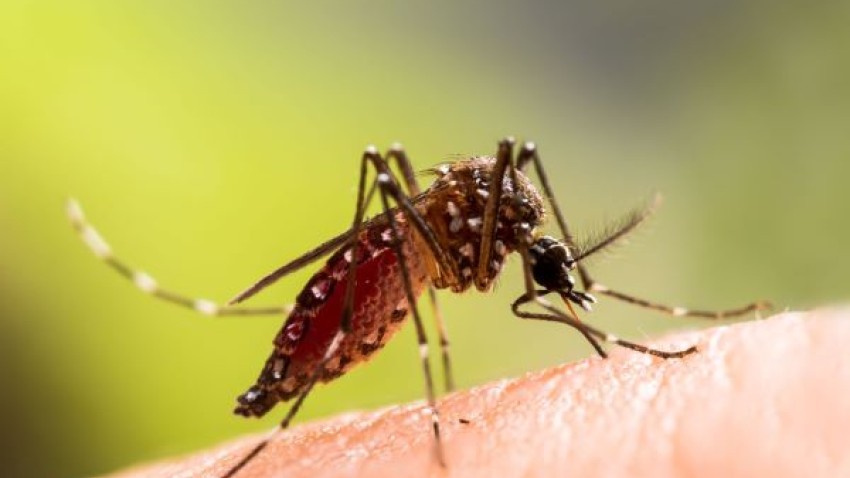News
A cell protein previously believed only to provide a scaffolding for DNA has also been shown to directly influence DNA transcription into RNA – the first step of the process by which an organism’s genetic code expresses itself.
Researchers in the Department of Natural Resources and the Environment have developed a new model to understand wildlife interactions. They’ve found that coyote populations in upstate New York may benefit fishers but not American martens.
Cornell researchers built miniature VR headsets to immerse mice more deeply in virtual environments that can help reveal the neural activity that informs spatial navigation and memory function and generate new insights into disorders such as Alzheimer’s disease and its potential treatments.
In “Piping Hot Bees & Boisterous Buzz-Runners: 20 Mysteries of Honey Bee Behavior Solved,” biologist Thomas Seeley shares some of the findings of his decades’ worth of investigations into honey bee behavior.
A global analysis by Cornell researchers found that recycling all the human and livestock feces and urine on the planet would contribute substantially to meeting the nutrient supply for all crops worldwide, thereby dramatically reducing the dependency on fossil fuels.
The last day of classes nears, but there are still events across campus over the next week for crafters, filmgoers, art lovers and more.
The Center for Research on Programmable Plant Systems (CROPPS) welcomes Liz Jones as assistant director for research, leveraging her 20 years of expertise in molecular and genomic applications to lead interdisciplinary research and drive agricultural innovation across six institutions.
Faculty from the Department of Public & Ecosystem Health in the Cornell University College of Veterinary Medicine, in partnership with the University of Pretoria in South Africa, have received an NIH P20 grant to establish the Center for Transformative Infectious Disease Research on Climate, Health and Equity in a Changing Environment (C-CHANGE).
The study found that key CD8+ T cells showed signs of constant stimulation that lead to an exhausted state, a condition that is well-studied in cancer.
A new protocol can detect and remove fake data created by bots and humans attempting to enroll in online research studies, in order to prevent biased results and unwarranted payments to bad actors – the first such protocol specifically designed for data collected in rural communities.










